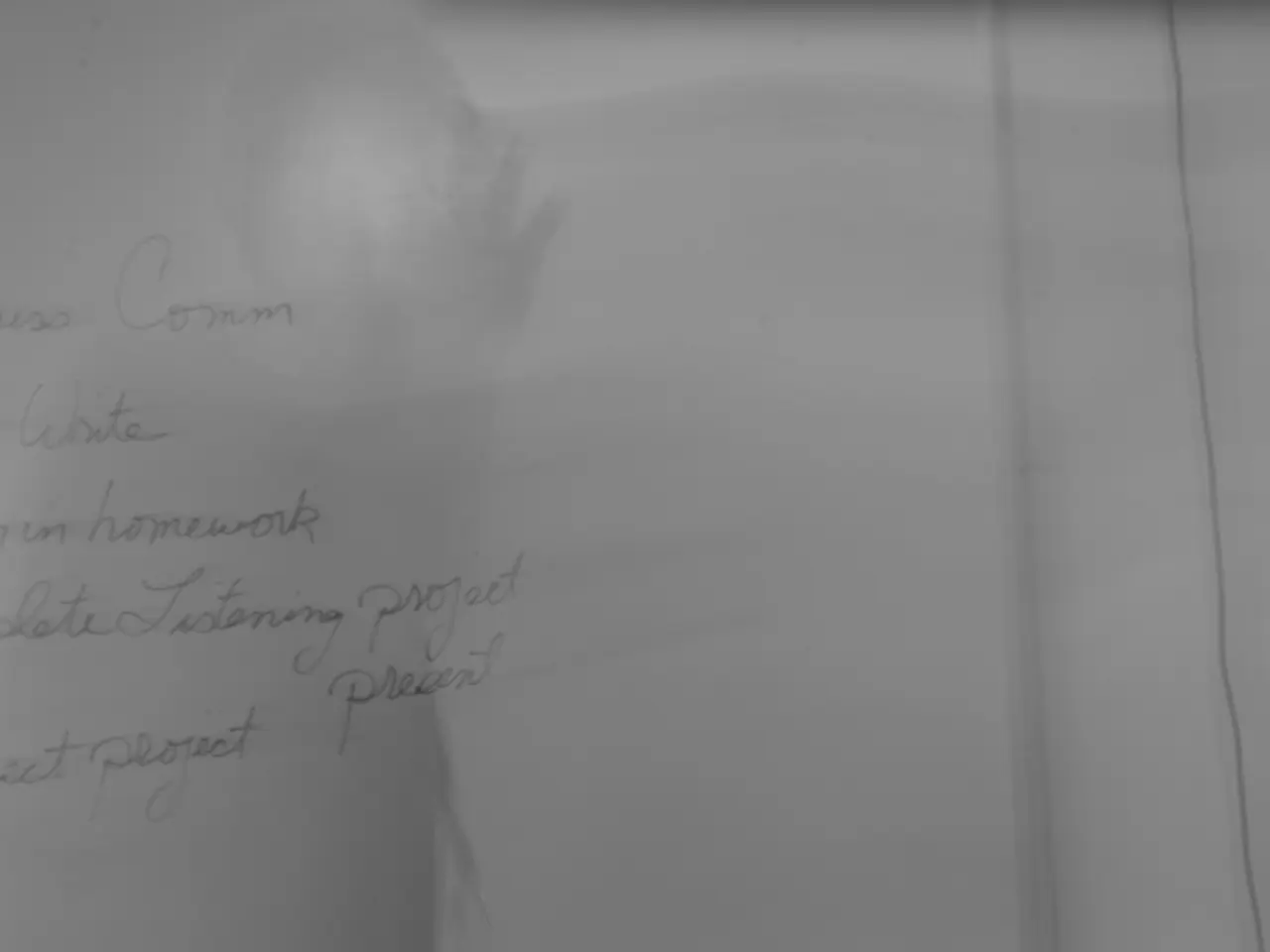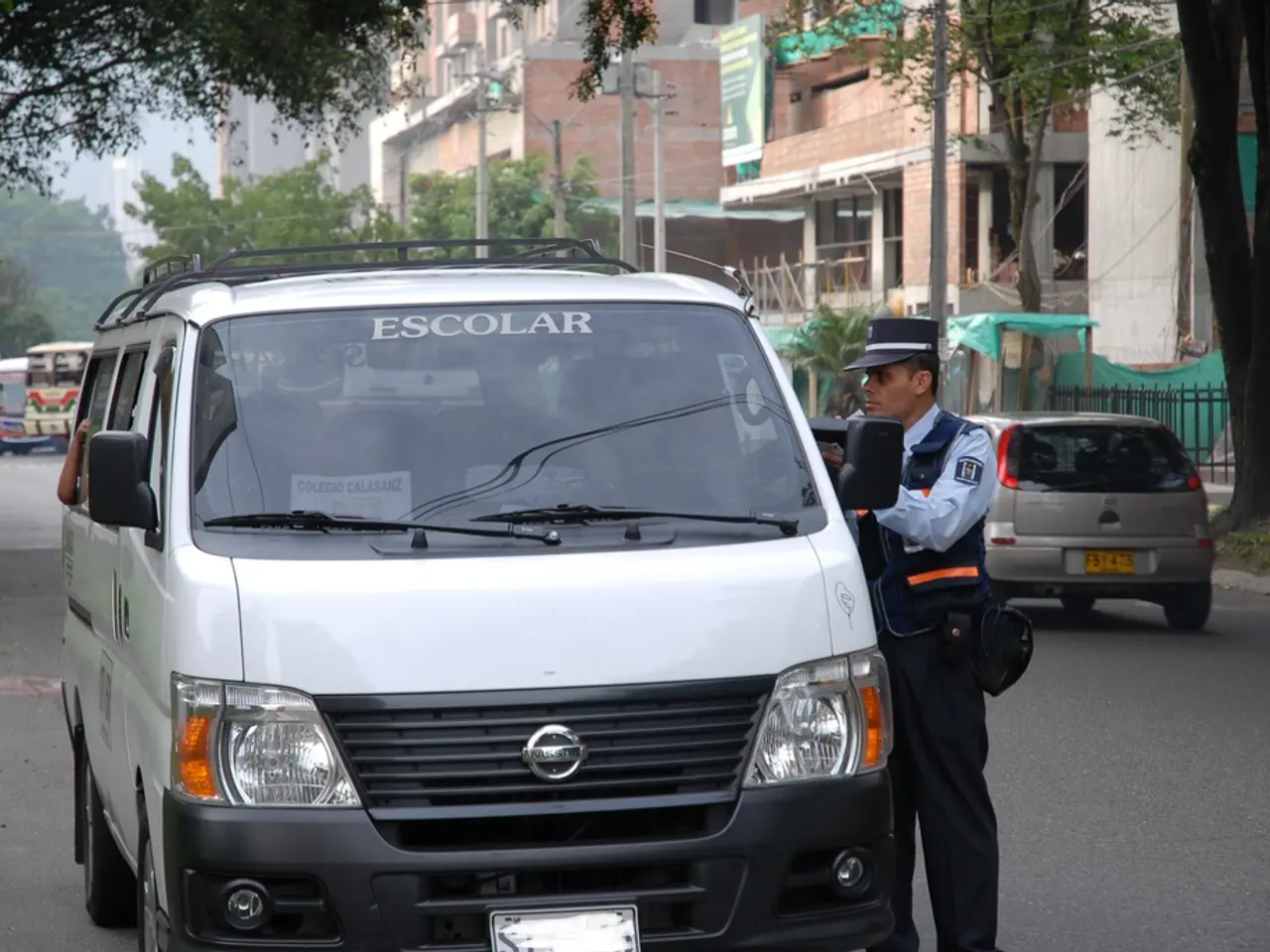In the Wake of Trump's Presidency: Germany and Europe Need to Reassess International Collaboration
In the face of unprecedented challenges, Europe, and Germany in particular, find themselves at a crossroads. The continent must rethink its approach to international relations, focusing on cooperation that is grounded in international law, sustainability, and mutual respect.
As the United States' 'soft power' erodes in favour of a power claim based on fear rather than respect, Europe has an opportunity to take the lead. This new era of geopolitics demands a clear roadmap for European integration of global cooperation at the intergovernmental level, enabling Europe to speak with one voice and use its resources effectively.
Economic cooperation with the Global South should not just focus on growth, but on a just and sustainable transformation. This means promoting local value creation and fair access to essential raw materials, with the aim of fostering equitable development.
Europe's diversity of opinion should be pooled at the European level to become more effective in this new era. Strengthening local civil society actors is crucial for promoting democracy and resilient societies, and this should be a key part of any new partnership.
The partnership between Europe and the Global South should be global, sustainable, and inclusive. It should focus on mutual opportunities and challenges, such as climate crisis, economic growth, and social ties. For example, the Spain-Africa partnership emphasizes strengthening ties, collaboration, connectivity, and protection for a fair and sustainable future.
European instruments like the NDICI-Global Europe consolidate various geographic and thematic aid and cooperation pillars. These tailor-made partnerships align European and partner countries’ interests, with geography-specific pillars for Africa, Asia, Americas, and a global pillar for thematic priorities like human rights and global public goods.
Cooperation also involves building coalitions and partnerships with emerging economies and key Global South countries, such as Brazil, India, and South Africa, to address global challenges like climate change and industrial transitions on shared interests.
However, this new partnership requires Europe to overcome its 'colonial superiority complex'. Building education and health systems that benefit all citizens, fighting corruption, and strengthening accountability are necessary for creating transparent and inclusive institutions.
Humanitarian aid should strengthen the rule of law and the ability of states to provide public services for the common good. Promoting gender equality, including women's rights and greater participation of women and LGBTIQ+ people, is a key to sustainable development.
In the East, an authoritarian ruler is threatening Europe, while in the West, a former ally is becoming an unpredictable adversary. In this context, Europe must intensify efforts in conflict prevention, including diplomatic initiatives, support for regional peace processes, and the establishment of resilient institutions in fragile states.
The return of Donald Trump to the White House has caused a global shake-up. Trump's disruptive policies have threatened decades-long international cooperation and international law. Ursula von der Leyen has proposed the concept of 'Clean Trade and Investment Partnerships', which could provide a model for a new partnership with the Global South.
In conclusion, Europe's well-being is intertwined with that of the Global South, particularly in matters related to climate crisis, biodiversity, migration, humanitarian crises, and demographic challenges. By focusing on sustainable development, mutual respect, and strategic alignment, Europe can forge a new partnership with the Global South that benefits all parties and contributes to a more peaceful and prosperous world.
[1] Spain-Africa Partnership: [Link to source] [2] NDICI-Global Europe: [Link to source] [3] Cooperation with emerging economies: [Link to source] [4] Fighting corruption and strengthening accountability: [Link to source]
- The unprecedented challenges in Europe require a focus on migration and integration, especially in light of war and conflicts, climate-change, and environmental-science.
- In the new era of geopolitics, there's a need for a transformation in European policy and legislation towards international cooperation, grounded in mutual respect, sustainability, and international law.
- The partnership between Europe and the Global South should not only focus on economic growth but also on a just and sustainable transformation promoting local value creation and fair access for all genders.
- Overcoming Europe's 'colonial superiority complex' is essential for creating transparent and inclusive institutions, ensuring equality, and strengthening health and education systems for all citizens.
- In order to address global challenges like climate change and industrial transitions, Europe should build coalitions and partnerships with emerging economies like Brazil, India, and South Africa, emphasizing shared interests.
- Humanitarian aid should be used to strengthen the rule of law, promote gender equality, and empower women, LGBTIQ+ individuals, and civil society actors to build resilient societies, especially in fragile states.








